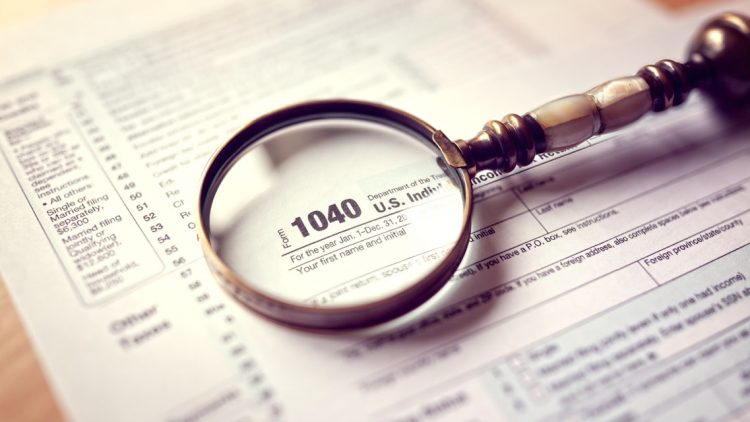Real Estate Taxes vs. Property Taxes
If you’re a homeowner, you probably know what real estate taxes are. You might even refer to them as property taxes since the terminology has become interchangeable. A lot of people may not realize the two taxes are different.
Though you may whine when getting your “property tax” statement letting you know the amount of tax you are going to have to pay annually or the amount your mortgage company is going to shell out for your real estate taxes. When you have a mortgage, it’s typically part of your payment. The misperception comes from the word “property”, due to the fact that there is additionally a personal property tax.
The Way Real Estate Taxes Work
Real estate taxes are yearly taxes homeowners are required to pay on the evaluated value of their house. Each city and state metro area establishes how much the real estate tax rate is by multiplying the fair market price of a home by the prearranged percentage in that metro area to come to the tax assessment valuation. When hearing people complain about the high cost of real estate taxes in their around their home. This is what they’re complaining about, and higher tax rates are typically found in larger cities such as Phoenix or Houston.
The amount of real estate tax you are going to pay is subject to how much your home is valued in addition to the part of the country your house is located in. For instance, a rural city in Arkansas probably has a lower real estate tax rate than popular big cities on say, a costal city or in a major metro area such as San Diego or Denver.
What Are Personal Property Taxes?
Property tax is different name for personal property tax. Your personal property is in reference to items that are not enduring, or items that you can move. For instance, your vehicle is personal property and when it gets registered each year, you’re basically paying a property tax on it.
Things such as boats, jet skis, campers, RVs, side by sides, farm equipment, and business equipment such as desks or equipment are taxed under personal property. Because they can all be moved, the personal property tax is estimated on their value, likewise to the way your house’s tax value is estimated.
The amount you are going to pay for your personal property tax on these articles also is subject to your metro area and city, and the average personal property tax rate in addition to how much estimated value each personal article is worth.
Why Real Estate and Personal Property Are Different Taxes
First, the tax rate that you are going to pay is different. It is enough to say that real estate taxes are a lot higher than personal property taxes. For instance, you can usually register a vehicle annually for a fee of $45 to $80, with a value of $25,000 to $65,000. Your home is assessed at a lot higher value with a lot higher tax rate. Even the most affordable real estate taxes in the US for a commonly valued home would probably be several hundred dollars.
Second, you might be able to deduct real estate taxes on the home as costs on your federal tax return when you reside in the home and itemize deductions on Schedule A. A personal property tax may also be deducted when you itemize, however the deductions are going to be a lot less on a jest ski or motorhome than they would on your house and go in a different place on the federal return. This isn’t only since your personal property usually has less value than a home but also since it’s taxed at a lower rate than the real estate tax.
Tax Settlement in Mesa, Arizona
If you need IRS Debt Help, Tax Debt Settlements or Tax Debt Advising in Phoenix, Mesa or anywhere else, Tax Debt Advisors can help! Give us a call at 480-926-9300 or fill out our contact form for a free consultation.





